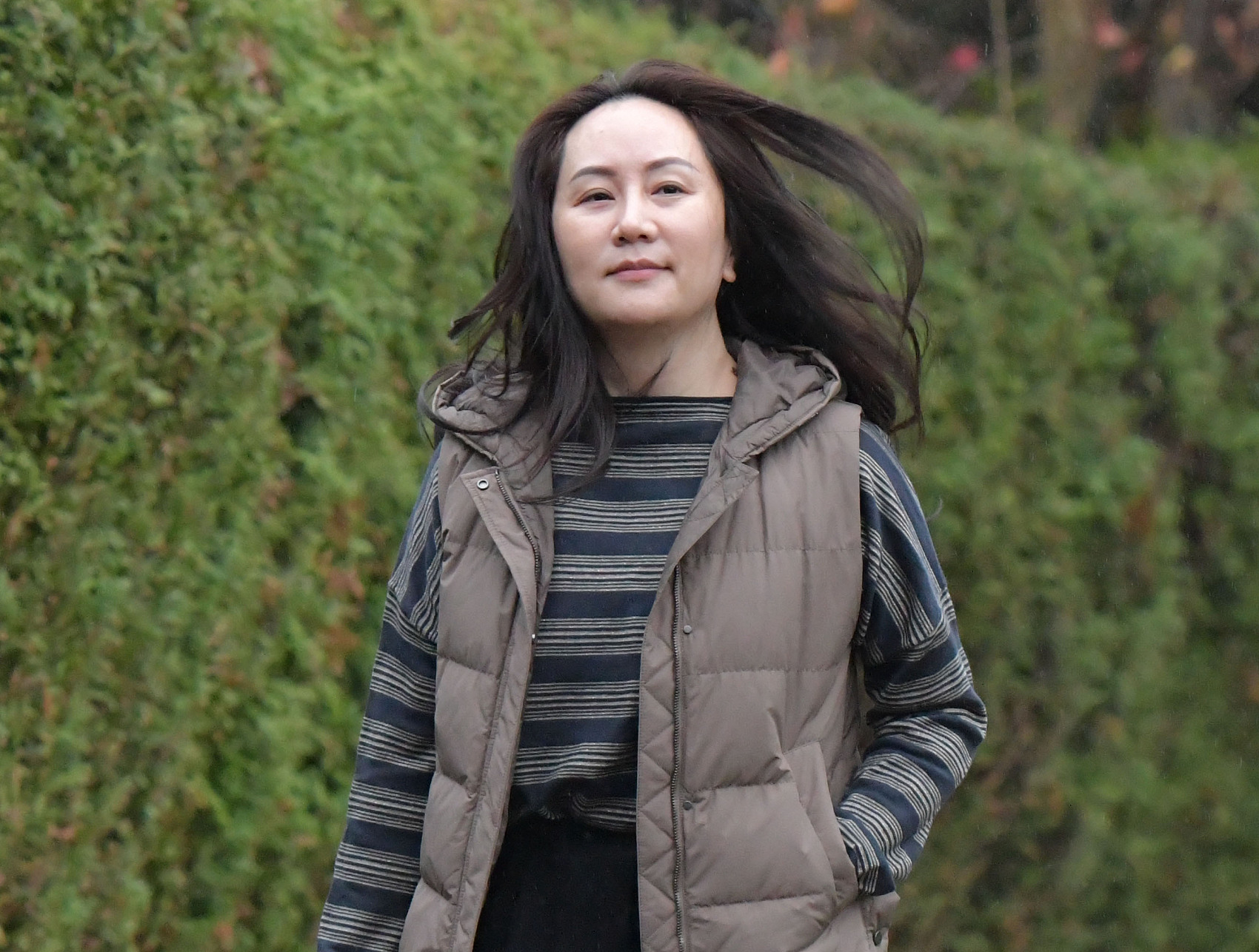Huawei's chief financial officer Meng Wanzhou returned to a Canadian court this week as her legal battle against extradition to the U.S. continued, making her first appearance since U.S. media reported that the U.S. Department of Justice is discussing a deal to set her free in exchange for Meng admitting wrongdoings in a criminal case.

(File photo: CFP)
Going back to court indicated that Meng has not fallen into a trap set by the U.S. government, China Central Television reported on Tuesday, as the way the U.S. Department of Justice is handling the case is repeating the scenarios about how it handled the case of former Alstom executive Frederic Pierucci. Some Canadian legal experts urged Meng and Huawei not to be framed by U.S. authorities.
The ongoing hearing will focus on the question of the abuse of process, with returning witness Royal Canadian Mounted Police Sergeant Ross Lundi, who was in charge of police operations at the Vancouver airport, according to the South Morning China Post.
Meng, 48, who is also the daughter of the Chinese high-tech company's founder Ren Zhengfei, was arrested at Vancouver International Airport on December 1, 2018 at the request of the U.S., and faces fraud charges.
With more Canadian politicians calling for her release, the high-profile case has been consistently drawing attention from Chinese authorities, academics, businesses and ordinary citizens, as they agree on the political nature of the case, saying that Canada's so-called judicial independence has been severely undermined by the Trump administration amid escalating U.S.-China confrontations.
The Wall Street Journal reported on Thursday that the U.S. Justice Department is discussing a deal with Meng that would allow her to return to China from Canada, but she has to admit to some of the allegations against her.
However, the proceedings concerning the cross-examination have been completed for the most part, while some legal professionals believe that the second branch of the judgment may be advantageous to Meng, who should remain cautious about a so-called plea for release under certain conditions.
"Absolutely, I think it would be a trap," Gary Botting, a Canadian legal expert and author of several books on extradition, told the Global Times on Tuesday.
The trouble is, once Meng admits to wrongdoings, she has a criminal record, and any number of countries (including Canada) can move to exclude her by their immigration rules, he noted.
Chinese Foreign Ministry spokesperson Hua Chunying reiterated that Meng is innocent and did not commit any of the crimes the U.S. and Canada have accused her of.
"Of course the U.S. has doubts about winning Meng's case," Botting said, noting that the U.S. miscalculated what a mess it would make to have the Huawei CFO indicted for alleged fraud, on which Canada has no way to prosecute her.
Some legal experts said that Meng's defense team has made a strong case for extradition to be refused on "abuse of process" grounds so that she will walk free anyway, and Canada should unconditionally release her as an opportunity to boost its ties with China.


